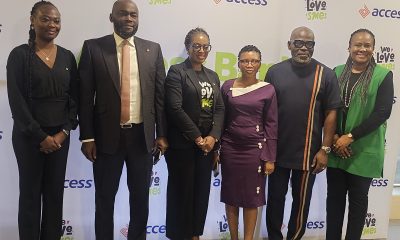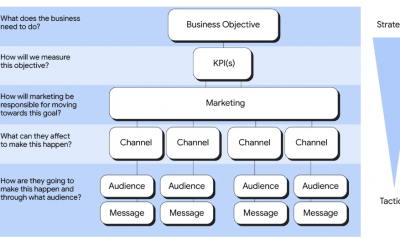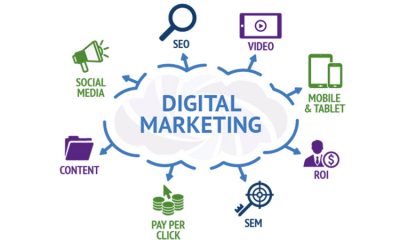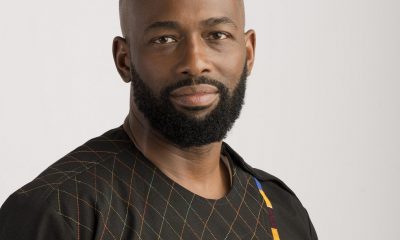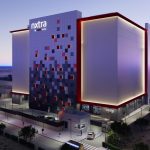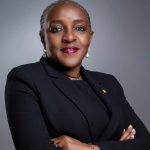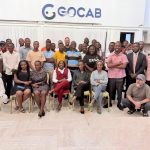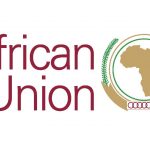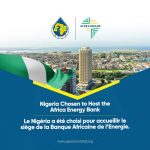Brands/Products
How Brands Should Leverage Digital Marketing to Capture Africa’s Future Customers
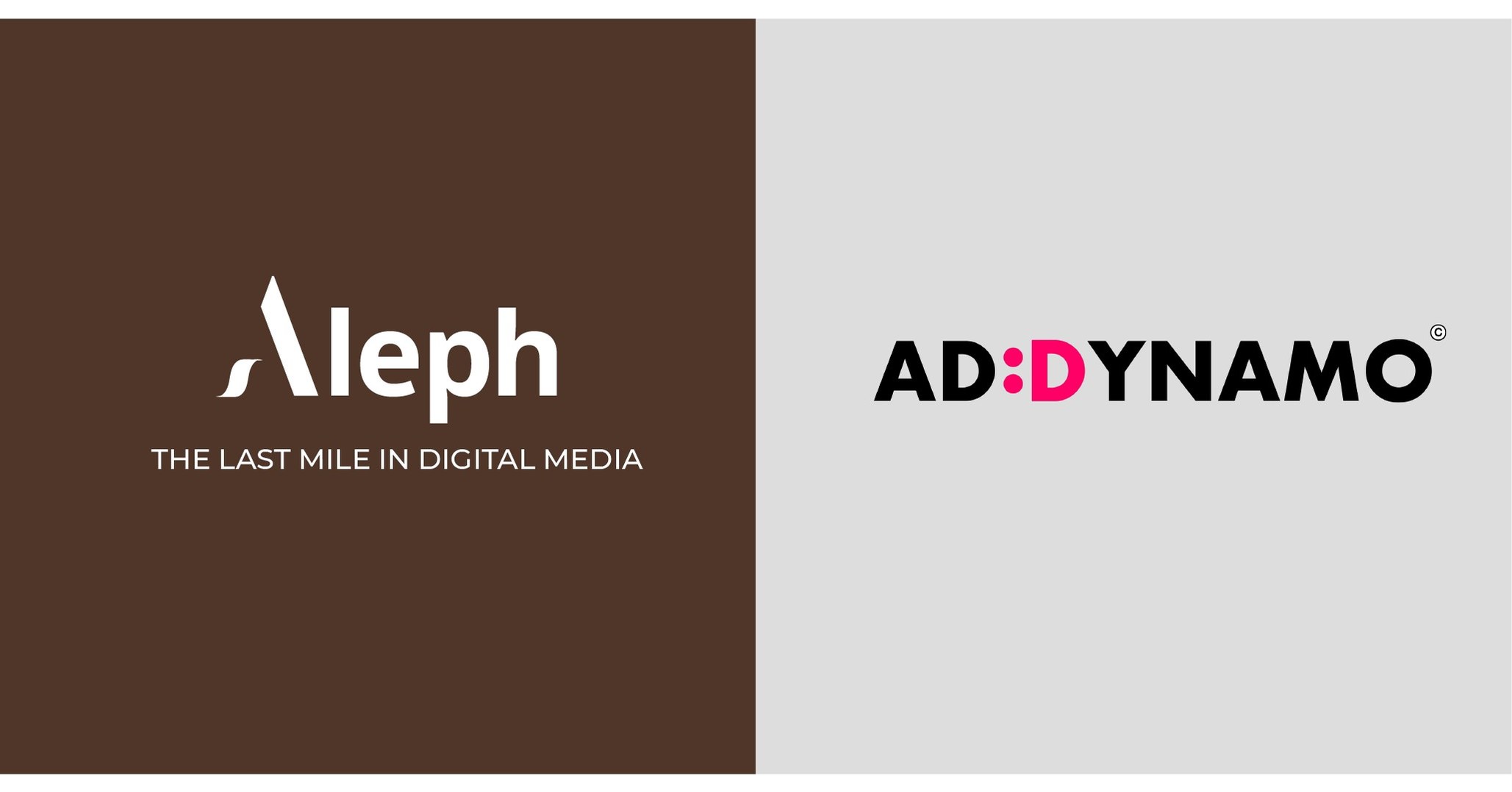
By Ebun Ikenze
Unless they cater specifically to an older niche, most brands want to grab the attention of young people. That makes sense too. Young people are tastemakers and the guardians of what’s cool and what isn’t. And, if you grab their attention while they’re still young, there’s a good chance they’ll stay loyal for a very long time. It is no wonder, then, that so many brands are showing an interest in Africa.
As other major population centres age out and face stagnant (or even decreasing) birth rates, Africa remains home to a young and growing population. In fact, as of 2022, around 40% of the population was aged 15 years and younger. Its overall population, meanwhile, currently sits at around 1.4 billion and is expected to grow to 2.5 billion people by 2050. And by 2030, young Africans are expected to constitute 42% of global youth.
But attracting all those young people to your brand is more complex than launching it and hoping they’ll come. You also have to market it actively. And the best way of doing so is through targeted, relevant messages on the digital platforms that most young Africans spend the majority of their time on.
Connected, savvy, and cool
That focus on digital platforms might seem strange given that overall levels of internet access in Africa (currently at 43%) remain below the global average (66%), but internet connectivity is growing rapidly across Africa. Thanks to the increasing number of undersea cables linking African countries with each other and the rest of the world, connectivity has become faster, more ubiquitous, and more affordable. That impact can be seen in the fact that, by 2022, the continent had more than doubled the number of internet users it had in 2015.
Internet traffic has grown too. In fact, between 2018 and 2022, Africa saw the most rapid growth in international internet bandwidth. While global average bandwidth growth during that period was 28%, Africa saw 44% growth in the same period. Young people are a major driving force behind the growth in internet adoption and traffic. While not an exact proxy for internet connectivity, it’s illuminating that in 2019, sub-Saharan Africa was expected to add more than 160 million mobile subscribers by 2025, driven primarily by the youth population.
With those improvements in connectivity come increased levels of consumer savviness. That means that consumers increasingly want the same kinds of brand experiences as their counterparts in other countries and will actively seek out those experiences.
Being where they are
Therefore, brands must do everything they can to be where those young people are when they’re seeking out those experiences.
That means those brands must have presences on major digital platforms, including those owned by Meta (Facebook, WhatsApp, and Instagram), as well as on the likes of Snap and Spotify. It’s also telling how invested those platforms are in the continent. Spotify, for example, views Africa as crucial to its ambitions of doubling its global user base by 2030.
They clearly see the potential in Africa’s young and increasingly connected population, so shouldn’t you too?
Partner with the experts
Of course, as much as those platforms have made it as easy as possible to advertise on them, brands can’t simply launch a campaign and hope for the best. They should instead partner with experts who can help ensure that their campaigns are as effective as possible.
Such a partner will have expertise in each of the most important platforms as well as extensive experience in the markets your brand is trying to break into. That on-the-ground knowledge, in particular, should never be underestimated. It can be the difference between a successful campaign and a total flop.
The right partner will also help you deliver creative excellence at a transparent price, maximising the impact of your digital campaigns.
Embracing Africa’s big digital shifts
There is no doubt that Africa is undergoing massive shifts and that its growing, youthful population represents a massive opportunity for the brands willing to take advantage of it. And if they’re to take advantage of that opportunity, they also need to ride the continent’s growing levels of connectivity. Crucially, they shouldn’t do it alone and should instead partner with people who understand both the continent and the most relevant online platforms used across it.
The brands that get that right stand to see serious and lasting gains.
Ebun Ikenze is the Client Relations Director at Ad Dynamo by Aleph
Brands/Products
Reputation Economy: How Nigerian Brands Won and Lost Public Trust in 2025
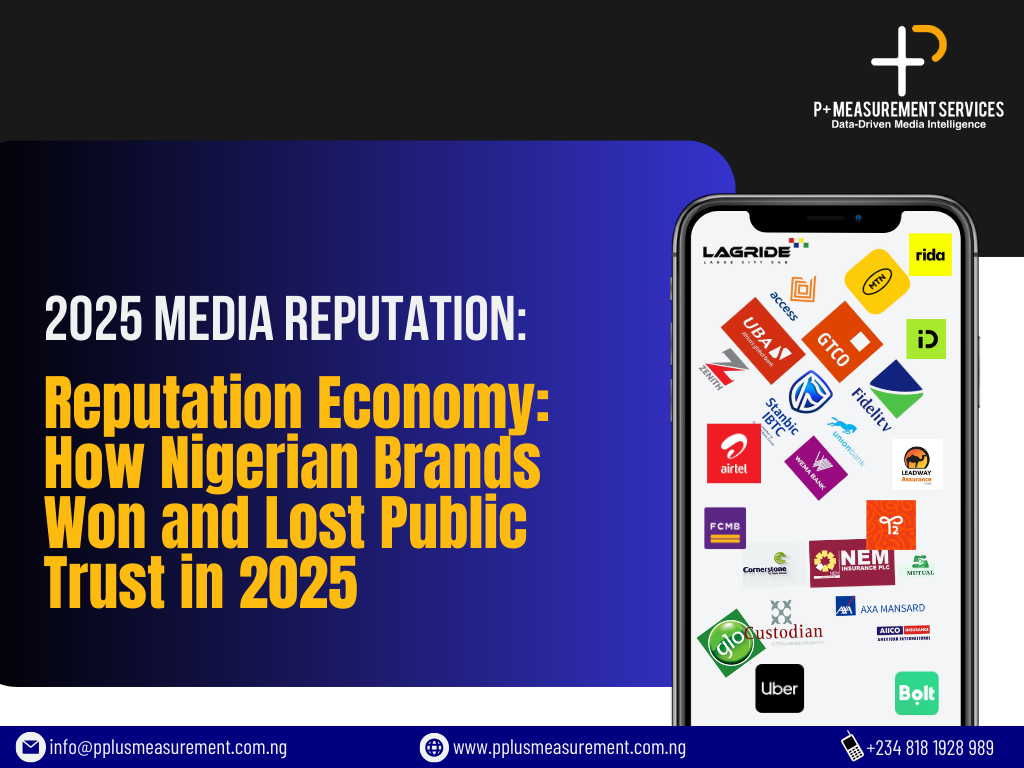
Nigeria’s leading independent media intelligence consultancy, P+ Measurement Services, has released its 2025 Industry Media Reputation Report, revealing that corporate reputation has emerged as one of the most decisive assets for Nigerian companies, rivaling financial performance and market share in shaping public trust.
The report analysed and audited thousands of print and online news reports published in 2025 across the banking, insurance, telecommunications, and e-hailing sectors. In total, coverage of 29 commercial banks, 13 insurance companies, five e-hailing platforms, and four telecommunications operators was examined to determine how corporate actions translated into public perception.
According to the findings, rising operational costs, currency pressures, regulatory scrutiny, labour relations, and service reliability now directly influence how brands are judged in the media and by stakeholders.
“Reputation is no longer a soft outcome of publicity. It is a measurable business asset shaped by corporate behaviour, governance quality, customer experience, and crisis response,” said a Senior Analyst at P+ Measurement Services, Ms Tumininu Balogun.
She added, “For more than a decade, we have been at the forefront of media intelligence in Nigeria. Our commitment to the PR and communications industry is to ensure that reliable media data and actionable insight are always available, so professionals can move beyond intuition and make truly data-driven decisions.”
E-Hailing Industry: Driver Relations Reshaped Corporate Reputation
The e-hailing sector recorded one of the clearest shifts in reputation dynamics in 2025, driven largely by labour policies and platform economics.
inDrive Nigeria led the sector with 39% of positive reputation share, following extensive media coverage of its decision to reduce driver commission to 0.1% during peak hours in Abuja. Bolt Nigeria followed with 32%, supported by reports on its electric tricycle deployment in Lagos. LagRide recorded 17%, driven by coverage of its electric vehicle infrastructure partnership, while Uber Nigeria accounted for 11% and Rida 1%.
On the negative reputation scale, Bolt recorded the highest share at 40%, linked to driver protests following fare reduction policies. Uber accounted for 29%, inDrive 20%, LagRide 8%, and Rida 3%, largely associated with reports on strike threats, platform reliability concerns, and driver earnings disputes.
The report notes that how platforms treat drivers has become as influential to reputation as rider experience.
Banking Industry: Profitability Confronted by Governance Risk
Among commercial banks, Stanbic IBTC recorded the strongest positive reputation position at 26%, driven by recognition as KPMG’s top retail bank. Zenith Bank followed with 22%, supported by dividend payout coverage. Fidelity Bank (19%), UBA (17%), and FirstBank (16%) gained positive reputation visibility through education initiatives, digital service upgrades, and branch automation projects.
However, reputational exposure remained significant. GTCO recorded the highest negative reputation share at 28%, followed by FirstBank at 26%, FCMB at 18%, and both UBA and Ecobank at 14%, mainly due to media reports concerning legal disputes, fraud investigations, and customer-related controversies.
The report highlights that in the banking sector, strong earnings and digital innovation strengthen reputation, but governance failures can rapidly undermine it.
Insurance Industry: Financial Stability and Data Protection Define Trust
In the insurance sector, AXA Mansard led positive reputation share with 36%, followed by Leadway Assurance (29%), AIICO (16%), NEM Insurance (11%), and SanlamAllianz (8%).
AXA Mansard also accounted for the highest negative reputation exposure at 68%, driven by reports of a significant decline in pre-tax profit. AIICO recorded 18%, Leadway 12%, and NEM 2%, largely connected to regulatory matters and data protection concerns, including coverage of customer data breaches.
The findings indicate that insurers are now judged as much by financial resilience and cybersecurity posture as by product offerings.
Telecommunications Industry: Infrastructure Investment Meets Rising Public Expectations
MTN Nigeria led positive reputation share with 47%, driven by infrastructure expansion narratives and innovation campaigns. Glo followed with 28%, Airtel Nigeria with 16%, and T2 (formerly 9mobile) with 9%, largely supported by its rebranding coverage.
On the negative reputation side, MTN recorded 44%, T2 31%, Glo 13%, and Airtel 12%, influenced by reports on service quality challenges and the Nigeria Labour Congress boycott directive targeting telecommunications operators.
The sector’s results suggest that while capital investment enhances visibility, network reliability and customer experience increasingly determine long-term reputation.
Reputation Has Become a Strategic Business Asset
Across all four industries, the report finds a consistent pattern: reputation in 2025 closely followed corporate behaviour.
Brands that demonstrated transparency, operational fairness, financial discipline, digital reliability, and customer focus were more likely to build positive public trust. Companies facing labour unrest, legal disputes, regulatory sanctions, data breaches, or service disruptions saw these issues rapidly reflected in their reputation profile.
For brand owners, investors, regulators, and communication professionals, the implication is clear: reputation is no longer managed only through messaging, but through measurable actions that are permanently recorded in the media ecosystem and searchable online.
Brands/Products
Nigeria Must Accelerate Adoption of Renewable Energy Solutions—JMG
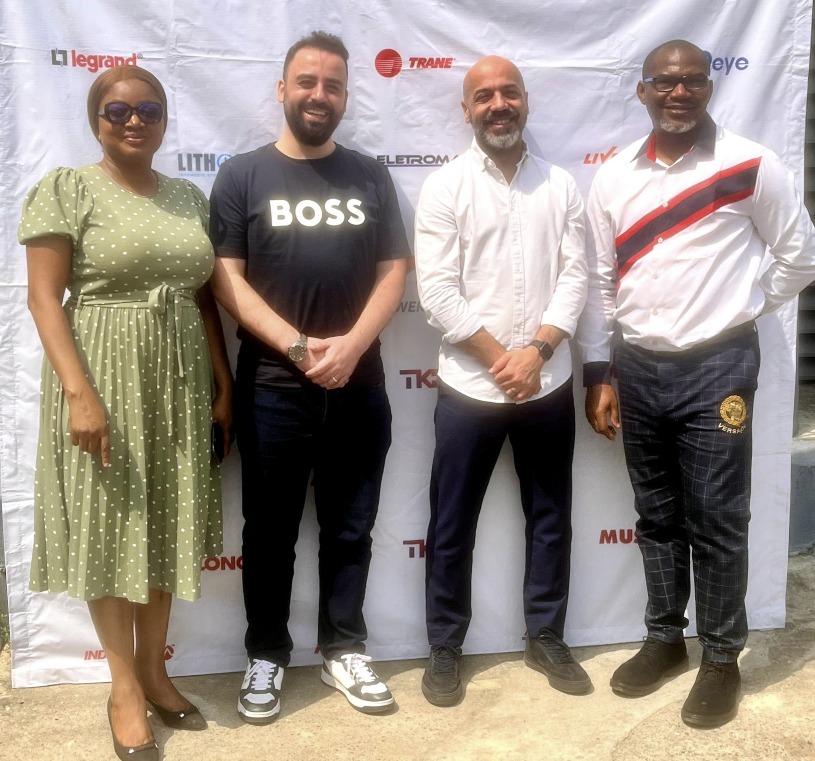
By Modupe Gbadeyanka
A leading provider of integrated electromechanical solutions in Nigeria, JMG Limited, recently showcased real-world impact of its solar and hybrid energy solutions across key sectors of the economy to members of the media.
At the media tour held at JMG’s head office in Lagos, the Chief Commercial Officer of JMG, Mr Rabih Jammal, stressed the urgent need for Nigeria to accelerate its adoption of renewable energy solutions.
“Clean energy is no longer a future concept – it is happening now – and it is working. At JMG, we are not just advocating for renewables; we are delivering them.
“From our 150-kilowatt solar installation at our Victoria Island head office to multiple large-scale deployments nationwide, we have proven that clean energy works technically, commercially and financially,” he said at the event hosted to commemorate the International Day of Clean Energy.
According to him, JMG’s solar and hybrid projects have helped clients save millions of naira in diesel costs, improve energy reliability and significantly reduce carbon emissions.
“As more countries move toward sustainable solutions, clean energy has become an economic imperative for Nigeria. It enhances competitiveness, lowers operating costs and enables communities. This is only the beginning as we will continue to invest in solar solutions, technology, partnerships and people to scale clean energy across the country,” he added.
Also speaking, the Head of Marketing at JMG, Ms Oluwatomi Faniran, described clean energy as a core responsibility embedded in the company’s business strategy.
“At JMG, clean energy is more than technology; it is a responsibility. Our track record speaks for itself,” Ms Faniran said, highlighting the successful deployment of solar hybrid systems at NIPCO fuel stations, the powering of a government state house, and energy-efficient solutions delivered at facilities such as Nourdm Global and Rack Centre.
With decades of experience delivering solutions that enhance comfort, safety and efficiency across residential, commercial and industrial spaces, JMG operates across critical business units including conventional and renewable power, electrical infrastructure, HVAC systems, elevators and escalators, air compressors and energy-efficient technologies. Its operations are backed by internationally recognised ISO certifications in quality management, health and safety, and environmental sustainability.
Brands/Products
Paystack Launches Holding Company The Stack Group
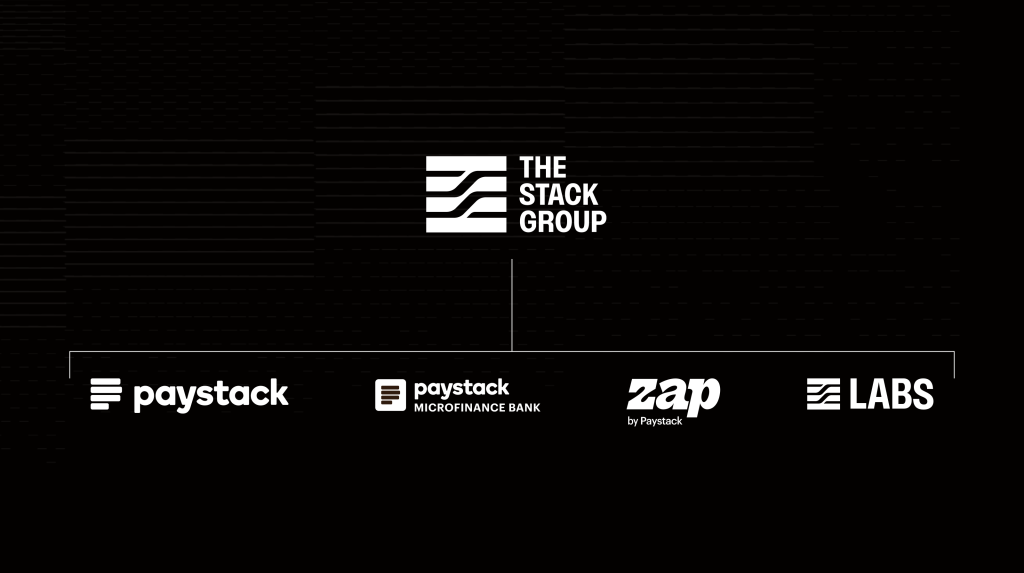
By Adedapo Adesanya
Top payment solutions company, Paystack, has launched a holding company, known as The Stack Group (TSG), in its bid to aggregate the tech-focused family of brands connected with the Paystack brand.
TSG founding shareholders include Stripe, Shola Akinlade (Founder and CEO of Paystack), and existing Paystack employees. The agreements establishing TSG as the parent holding company were signed in October 2025, and are subject to the requisite regulatory approvals.
The announcement comes as Paystack celebrates its 10-year anniversary in January 2026.
Since its acquisition by Stripe in 2020, Paystack has grown its payment volume by 12x and is licensed and operational in Côte d’Ivoire, Ghana, Kenya, Nigeria, and South Africa, with regulatory approvals for Egypt and Rwanda, representing 46 per cent of Africa’s GDP, the company said in a press statement.
The statement added that this product-first approach to pan-African growth has led to Paystack becoming profitable at the group level.
The development follows the recent launch of Paystack MFB in Nigeria after it acquired Ladder Microfinance Bank in its push into consumer products.
The company noted that as a standalone bank, Paystack MFB allows the group to internalise core financial rails and provide the banking and credit infrastructure required by over 300,000 Nigerian merchants.
“These capabilities enable the development of elegant, compliant, and much-needed end-to-end money-movement solutions and will continue to power the company’s mission of building technology solutions for Africa, to power African ambition,” parts of the statement added.
TSG will provide a corporate umbrella for a family of complementary brands that are solving Africa-specific challenges, while remaining operationally independent. At the outset, TSG will include merchant payments solution, Paystack, its controversial consumer payments product, Zap, the recently launched Paystack Microfinance Bank and TSG Labs, which will serve as hub for emerging technologies and building new products both within and beyond financial technology.
According to Mr Akinlade, “The launch of TSG signals a larger scope of ambition for us and sets the tone for the next decade of our company. Having worked with thousands of companies across the continent since 2016, it is clear that there are significant opportunities to support businesses beyond payments, and TSG enables us to address the challenges African companies face.”
“Thank you to the Stripe team for their continued belief in Africa’s potential, and our ability to create transformative technology companies for the continent, and beyond,” he added.
-

 Feature/OPED6 years ago
Feature/OPED6 years agoDavos was Different this year
-
Travel/Tourism9 years ago
Lagos Seals Western Lodge Hotel In Ikorodu
-

 Showbiz3 years ago
Showbiz3 years agoEstranged Lover Releases Videos of Empress Njamah Bathing
-

 Banking8 years ago
Banking8 years agoSort Codes of GTBank Branches in Nigeria
-

 Economy3 years ago
Economy3 years agoSubsidy Removal: CNG at N130 Per Litre Cheaper Than Petrol—IPMAN
-

 Banking3 years ago
Banking3 years agoSort Codes of UBA Branches in Nigeria
-

 Banking3 years ago
Banking3 years agoFirst Bank Announces Planned Downtime
-

 Sports3 years ago
Sports3 years agoHighest Paid Nigerian Footballer – How Much Do Nigerian Footballers Earn


